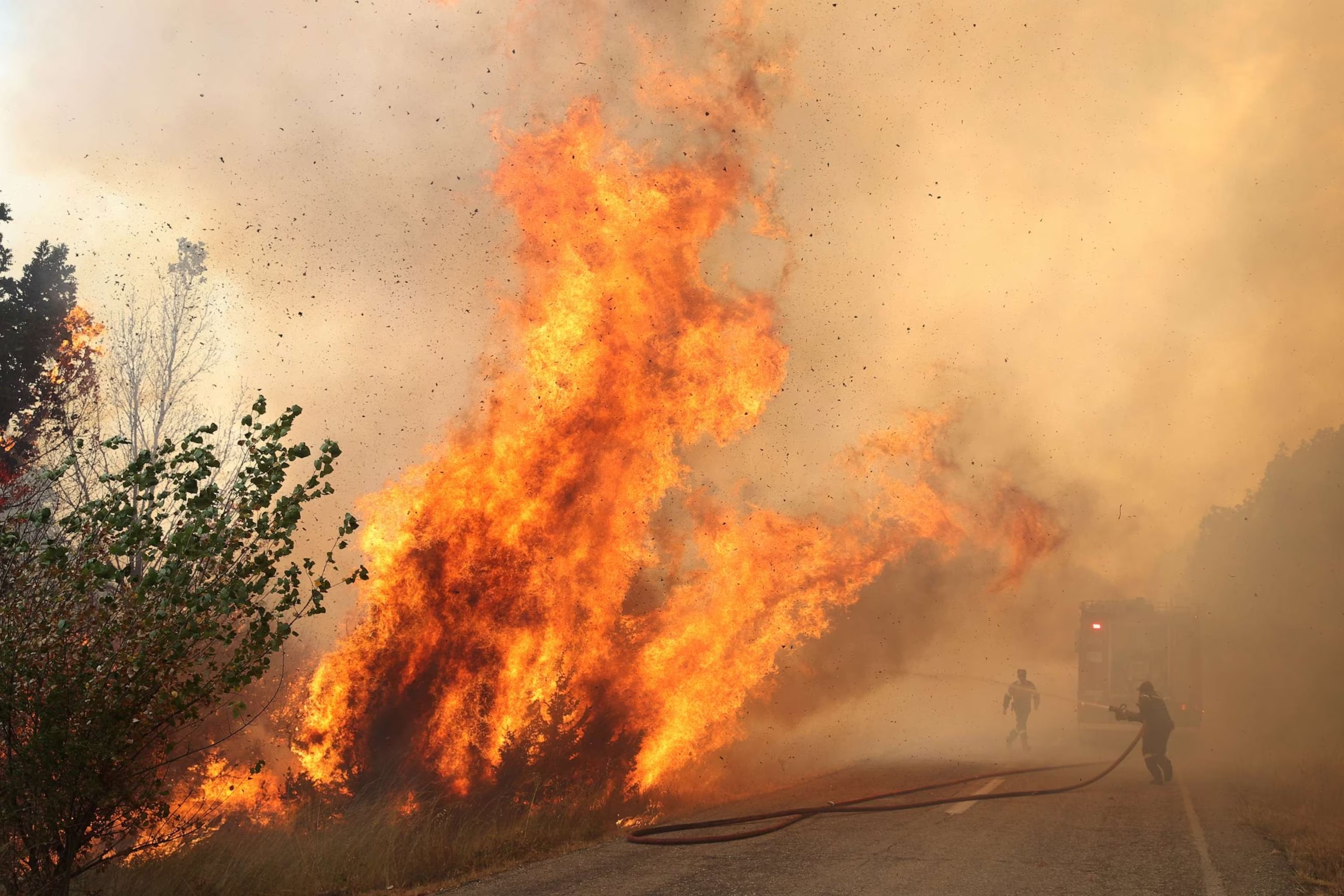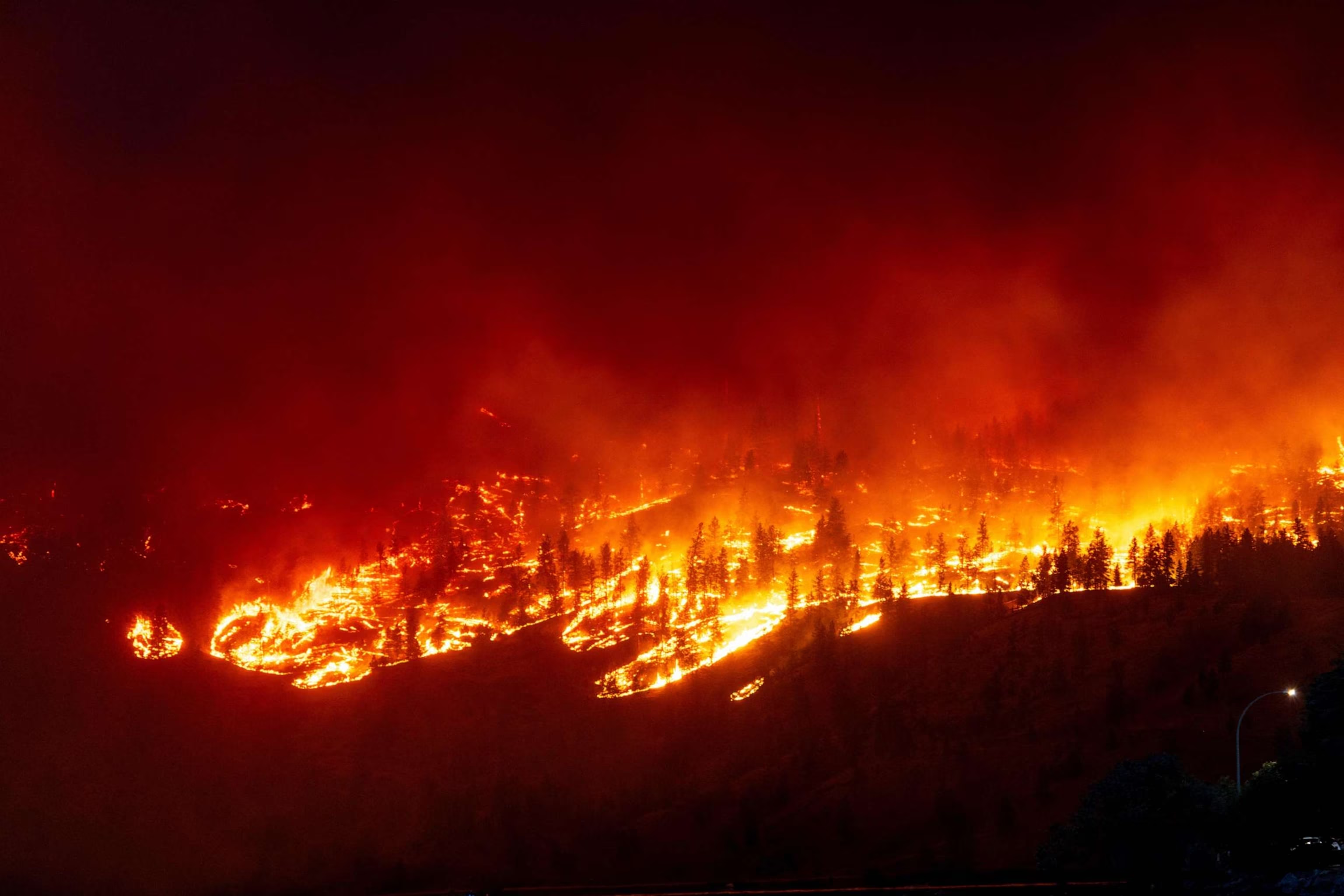This is where record-breaking wildfires have been occurring all over the world
Boreal forests in regions all over the world have been experiencing the worst wildfires in recorded history in 2023, according to new research.
Record-breaking wildfires have been especially scorching boreal forests across the Northern Hemisphere this year, according to a report released Wednesday by Copernicus, the European Union's climate change service.
MORE: Environmental impacts of Maui wildfires will last for years to come, experts say
In Canada, which broke the record in late June for wildfire smoke emissions released in a single year, wildfires began raging in May, long before the start of the fire season, and are still burning with fervor.
The total wildfire emissions for 2023 is estimated to be almost 410 megatonnes, the highest on record for Canada by a wide margin, according to the Copernicus Atmosphere Monitoring Service dataset, which provides information on the location, intensity, and estimated emission of wildfires around the world. The previous annual record was set in 2014 at 138 megatonnes of carbon.

At this point, Canada wildfire emissions represent 27% of the total global wildfire carbon emission for 2023, the report states.
MORE:Greece warns of 'arsonist scum' amid deadly wildfires
More than 42 million acres have burned across Canada so far this year, more than doubling the previous record, according to the Canadian Interagency Forest Fire Centre. As of Wednesday, the acreage burned is more than 600% higher than the current year-to-date average.

Canada's record-breaking and devastating wildfire season severely impacted air quality not only in Canada but other regions of North America. Some locations in the Northeast recorded their worst air quality in decades, and the wildfire smoke extended as far down as the Southeast U.S.
The severity of the wildfires can partly be attributed to warming temperatures all over the globe, CAMS senior scientist Mark Parrington said in a statement.
"As temperatures keep increasing and dry conditions become more long-term, the chances of experiencing devastating wildfires like those in Canada are increasing," Parrington said.
MORE: Canada breaks record for annual wildfire smoke emissions
Elsewhere in the world, significant wildfires also impacted Russia's boreal forests, while devastating wildfires were also experienced in Greece, Spain, Portugal, and Maui, Hawaii.
Disclaimer: The copyright of this article belongs to the original author. Reposting this article is solely for the purpose of information dissemination and does not constitute any investment advice. If there is any infringement, please contact us immediately. We will make corrections or deletions as necessary. Thank you.




